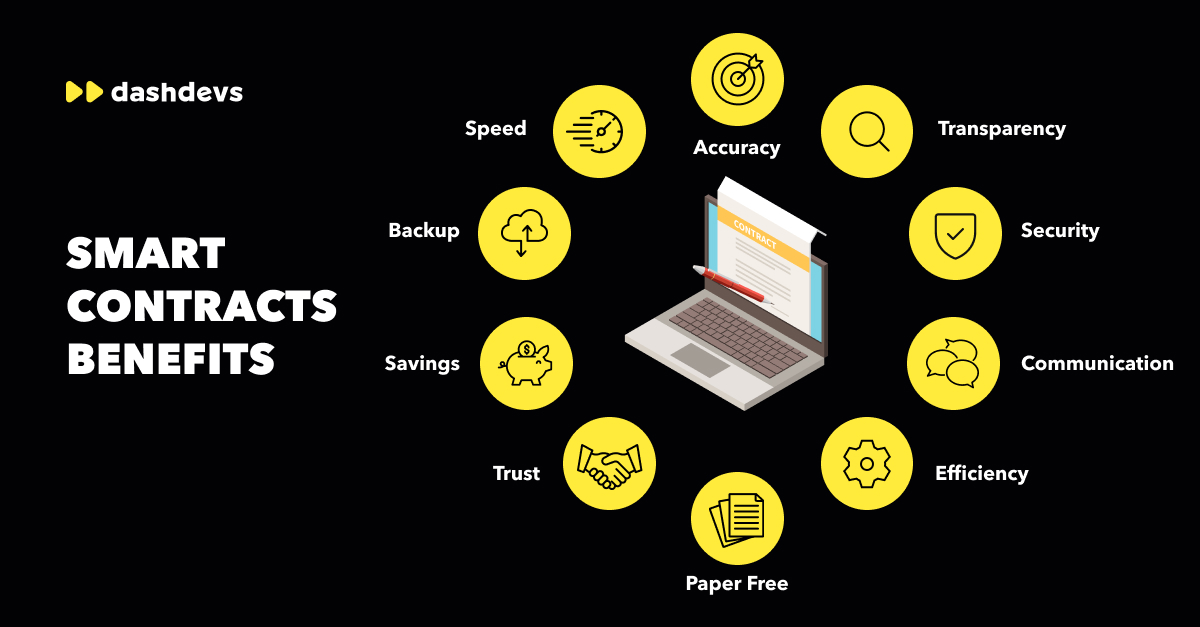
The competition to identify the next dominant digital asset is intensifying as cryptocurrency continues to develop. The world was introduced to decentralized currency by Bitcoin. Ethereum revolutionized it through the implementation of smart contracts. The threshold for defining a dominant cryptocurrency has been elevated amid increasing competition. In order to establish itself as a leader in the next generation, a crypto project must integrate three critical components: lightning-fast transaction speed, comprehensive privacy features, and smart contract functionality.
1. **Smart Contracts: The Foundation of Decentralized Innovation**
Smart contracts are agreements that are directly inscribed into the blockchain and execute themselves. They enable trustless interactions, which are the foundation of a variety of applications, including governance systems, decentralized applications (dApps), and decentralized financing (DeFi).
To be a future-leading cryptocurrency, it is necessary to:
* **Facilitate the execution of complex and scalable smart contract logic.** * **Provide developer-friendly tools and languages.** * **Enable the efficient and secure execution of contracts at scale.
In the absence of smart contract functionality, a crypto asset is at risk of being restricted to basic payments, while others establish flourishing ecosystems of innovation and utility.
2. **Privacy: The Next Frontier of Digital Sovereignty**
While transparency is a fundamental characteristic of numerous blockchains, complete visibility can present challenges, particularly in the context of sensitive transactions, personal data, and business operations.
To establish long-term trust and extensive adoption, the next leading cryptocurrency must incorporate privacy features that:
* **Ensure the security of user identity without compromising it.** * **Allow selective transparency for regulators and compliance.** * **Protect corporate and individual financial data.**
Cryptocurrencies such as Monero and Zcash have been at the forefront of this field; however, their inability to scale or support smart contracts hinders their progress. Assets that strike a balance between usability and privacy are the ones that will dominate the future.
3. **Global Demand: Scalability and Speed**
The necessity for scalability and speed has been underscored by the high gas fees and network congestion that have afflicted early blockchains. A global digital currency must be capable of processing thousands, if not millions, of transactions per second without diminishing its decentralization.
The primary technical objectives are as follows:
* **Low-latency finality for transactions.** * **Minimal fees to facilitate micropayments and high-frequency use.** * **Scalability solutions such as sharding, Layer 2 rollups, or parallel processing.**
In industries such as finance, gaming, and supply chain logistics, speed is not only a critical factor in determining the success of mass adoption, but it also enhances the user experience.
The Complete Crypto: The Integration of All Three
Temporary success may be achieved by a cryptocurrency that provides only one or two of these pillars; however, long-term dominance necessitates the integration of all three. That is to say:
* A privacy framework that is trusted by both individuals and institutions. * A platform that is capable of developing global applications. A high-speed architecture that enables real-time activity at a large scale.
At present, there are few projects that meet all of the criteria; however, those that do—or are actively progressing in that direction—are well-positioned to be at the forefront of the next phase of digital finance and infrastructure.
Concluding Remarks: The New Crypto Standard
The upcoming cryptocurrency will not merely function as a speculative asset or a store of value; rather, it will be a scalable, private, and intelligent platform that can meet the demands of the real world. The market will prioritize projects that provide utility, trust, and performance as consumers and developers demand more than just token prices.
Privacy, efficiency, and smart contracts are no longer optional; they are the new standard. And the cryptocurrency that achieves success could significantly influence the digital economy’s future.
Leave a Reply